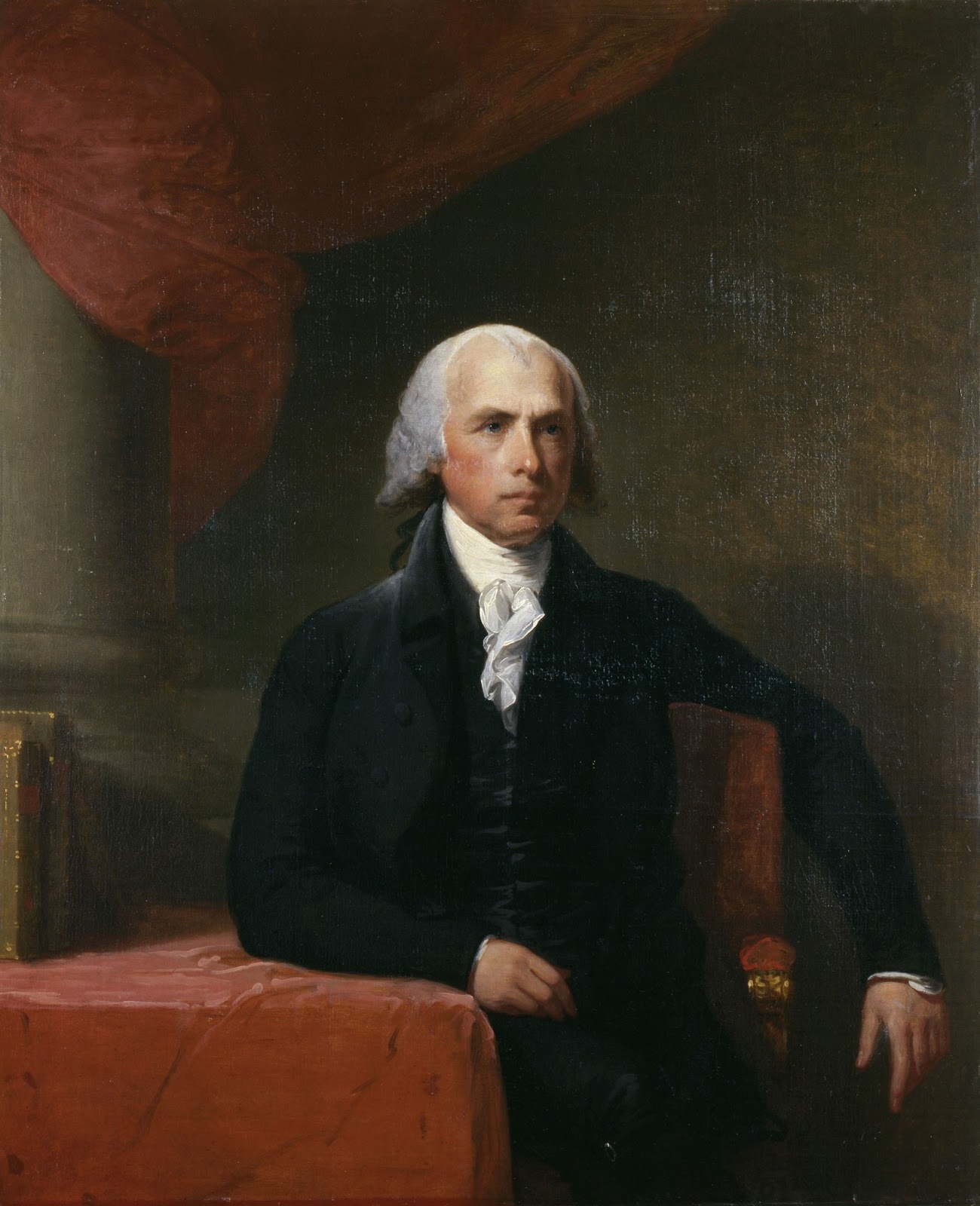James Madison, often hailed as the "Father of the Constitution," played a crucial role in shaping the early United States. His contributions as a statesman, political theorist, and fourth President of the United States are deeply woven into the fabric of American history. Understanding Madison's life, his ideals, and his policies provides valuable insights into the formation of American democracy and governance.
Born on March 16, 1751, in Virginia, Madison's political journey began in the tumultuous years leading up to the American Revolution. His education at the College of New Jersey (now Princeton University) equipped him with a strong foundation in Enlightenment thought, which influenced his views on government and individual rights. As a key figure in the drafting of the U.S. Constitution and the Bill of Rights, Madison's legacy is one of intellectual rigor and unwavering commitment to democratic principles.
This article will delve into the life and times of James Madison, exploring his early years, political career, and lasting impact on the United States. By examining his biography, significant contributions, and the challenges he faced, we aim to provide a comprehensive understanding of one of America's most influential Founding Fathers.
Table of Contents
- Biography
- Early Years and Education
- Political Career
- Presidency
- Key Contributions to American Democracy
- Legacy and Influence
- Conclusion
- Sources
Biography of James Madison
| Full Name | James Madison |
|---|---|
| Date of Birth | March 16, 1751 |
| Place of Birth | Port Conway, Virginia |
| Position | 4th President of the United States |
| Term | 1809 - 1817 |
| Political Party | Democratic-Republican |
| Died | June 28, 1836 |
Early Years and Education
James Madison was born into a planter family in Virginia, where he was exposed to the political and social issues of his time from a young age. His education at the College of New Jersey allowed him to study under prominent intellectuals of the era, such as John Witherspoon. This education not only shaped his political philosophy but also instilled in him a commitment to civic duty and public service.
During his formative years, Madison developed a keen interest in political theory, particularly the works of John Locke and Montesquieu. These influences would later manifest in his writings and actions as a political leader.
Political Career
Madison's political career began in earnest in the late 1770s, when he was elected to the Virginia Convention. His early involvement in politics was marked by a strong advocacy for religious freedom and individual rights. Madison's collaboration with fellow Founding Fathers, such as Thomas Jefferson, solidified his reputation as a leading voice for democracy and governance.
- 1787: Delegate to the Constitutional Convention
- 1788: Co-author of The Federalist Papers
- 1794: Elected to the House of Representatives
- 1801: Secretary of State under Thomas Jefferson
Presidency
James Madison assumed the presidency in 1809, following Thomas Jefferson. His presidency was marked by significant challenges, including the War of 1812 against Great Britain, which tested the nation's resolve and unity. Madison's leadership during this tumultuous period showcased his commitment to the principles of democracy and national sovereignty.
Despite facing criticism and opposition, Madison remained steadfast in his belief that the United States could emerge stronger from the conflict. His administration ultimately succeeded in maintaining the nation's independence and reaffirming the principles of the Constitution.
Key Contributions to American Democracy
Madison's contributions to American democracy extend far beyond his presidency. As a principal architect of the U.S. Constitution, he played a pivotal role in establishing a framework for governance that balanced power among the branches of government. His insistence on a Bill of Rights ensured that individual liberties were protected, solidifying the foundation of American democracy.
- Constitutional Convention: Advocated for a strong federal government.
- Federalist Papers: Wrote key essays defending the Constitution.
- Bill of Rights: Championed the inclusion of amendments protecting individual rights.
Legacy and Influence
James Madison's legacy endures through his profound impact on the development of the United States. His vision for a balanced government and his advocacy for individual rights continue to resonate in contemporary political discourse. Madison's writings and speeches remain essential references for scholars and policymakers alike.
Moreover, his role as a Founding Father has cemented his place in American history as a symbol of democratic ideals and civic responsibility. Schools, institutions, and landmarks bear his name, serving as a testament to his lasting influence.
Conclusion
In conclusion, James Madison's life and contributions to the United States exemplify the principles of democracy, governance, and individual rights. His dedication to public service and unwavering commitment to the ideals of liberty continue to inspire generations. As we reflect on his legacy, let us engage in discussions about the importance of civic duty and the preservation of democratic values.
We encourage you to leave your thoughts in the comments below, share this article with others, or explore more about the Founding Fathers and their contributions to American history. Together, we can deepen our understanding of the principles that shape our nation.
Sources
- Madison, James. "Notes of the Constitutional Convention." National Archives.
- Federalist Papers. "The Federalist No. 10." Library of Congress.
- American History Association. "James Madison: The Father of the Constitution." AHA.
- National Park Service. "James Madison: A Biography." NPS.




